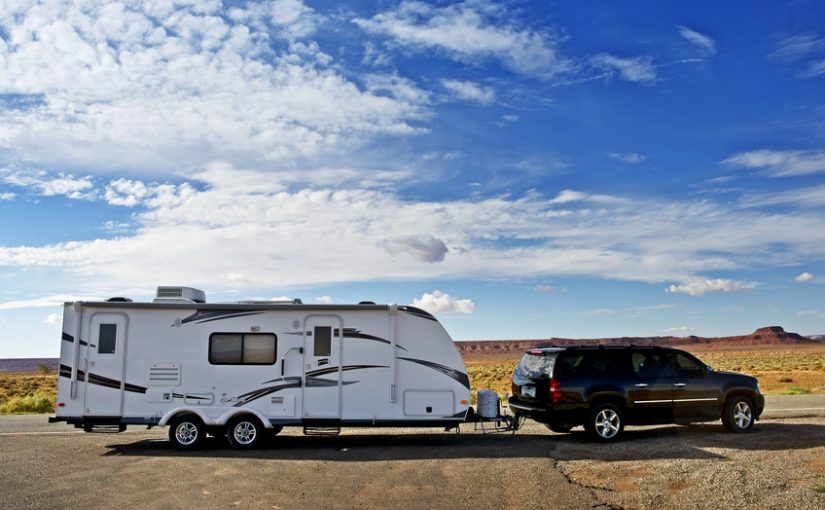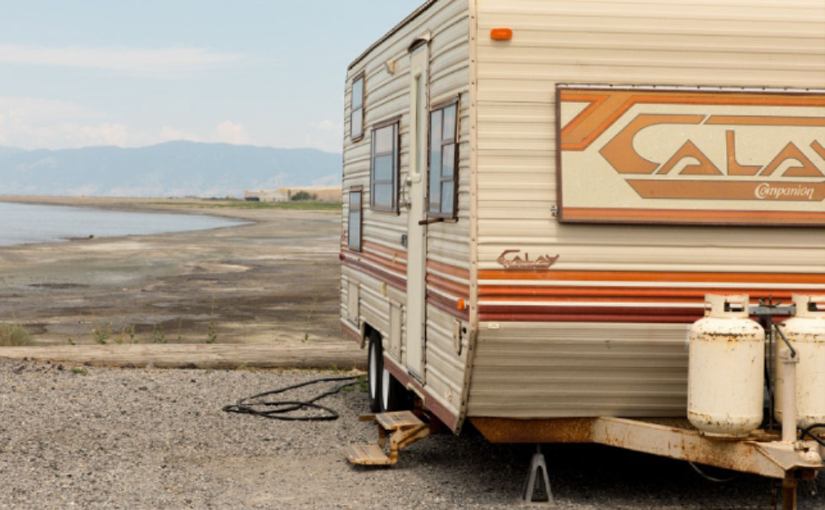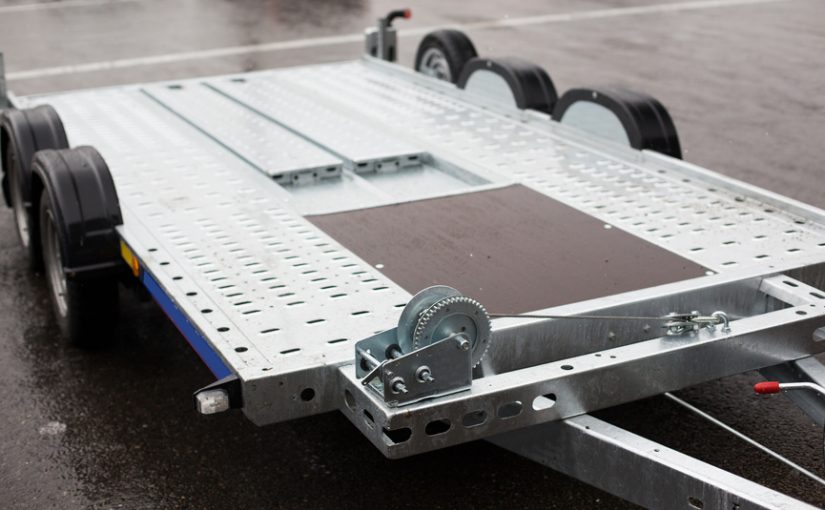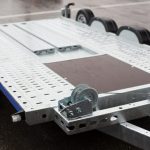
There are plenty of people in the U.S. who are well aware of the joy that comes with owning a recreational vehicle (RV). There is a certain sense of freedom that comes with having over 16,000 campgrounds throughout the U.S, where RV’s are free to park for weeks or months at a time. In addition to this wonderful sense of freedom, this is also one of the greatest ways to explore the outdoors. Yellowstone, Yosemite, Zion, and many other national parks are fantastic RV getaway locations.
Towing RV’s for Vacation
For those who pull their RVs behind a truck or another towing vehicle, it is important to have electric brake controllers for trailers installed. Electronic brake controllers are vital for road safety and make towing an RV much easier. Here are some general towing tips, as well as some maintenance principles for electric brake controllers for trailers during RV trips.
Tips for Towing
Backing Up A Trailer or RV: Backup cameras and other modern features have made handling a regular car very easy in almost any situation. However, backing up an RV is very different. The trailer will turn in the opposite direction of the tow vehicle when backing up. That means if you crank your wheel to turn left, the trailer will turn right. An easy way to master backing up is to start by placing your hand at the bottom of the steering wheel. If you want to move the trailer left, move your hand to the left (turning your car to the right, and the trailer to the left). Back up slowly and make small steering corrections each time. Slight movements in the steering wheel will result in a much larger movement in the rear of the trailer. Once the trailer starts turning, straighten out the wheel to avoid jackknifing.
Preventing Sway: It’s a bit spooky driving down the freeway next to a big trailer with strong winds. Seeing the trailer sway back and forth makes it look like the trailer is just extremely close to tipping. However, with the correct attention to weight limits and distribution, there should be very little trailer sway. A sway control hitch can also be used and is recommended for larger trailers. If you do experience swaying, stay calm. The worst thing you can do is slam on the brakes. Instead, gradually reduce speed, keep the steering wheel steady, and only apply the electric brake controllers. Do not try to steer out of the sway as this can end up creating what is called a “resonance frequency” and tip the trailer. If you are continuing to experience significant sway, pull over and do a diagnosis of the problem and correct it before continuing.
Adjust and Tune the Electric Brake Controllers: Electric brake controllers for trailers may need to be adjusted from time to time. This adjustment may be necessary due to a significant change in load when road conditions change significantly (i.e. slippery roads), or just as a part of general maintenance and safety. Adjusting electric brake controllers for trailers can be a bit daunting if you have never done it before. If you would like some help, we are happy to take a look for you. Otherwise, be sure to follow all steps for adjusting your model of brakes exactly to ensure safety on the road. Electric brake controllers that are not properly adjusted may cause the trailer brakes to skid, grab, or not work at all.
Be Familiar with the Settings: Most electric brake controllers have different types of settings that can be adjusted from within the cab. Become familiar with each of these settings and when they should be used. This will help ensure smooth rides especially for cross country trips where the landscape and weather changes often. Understand the differences between proportional mode and user-controlled mode. This can help prevent wildlife accidents (if you need to brake suddenly) and help ease the wear on your car and RV as you make your trip. The goal here is to have fun and enjoy your trip. The more prepared you are, the more you can relax.
Hayes Towing Electronics Products are Proudly Made in the U.S.A.







